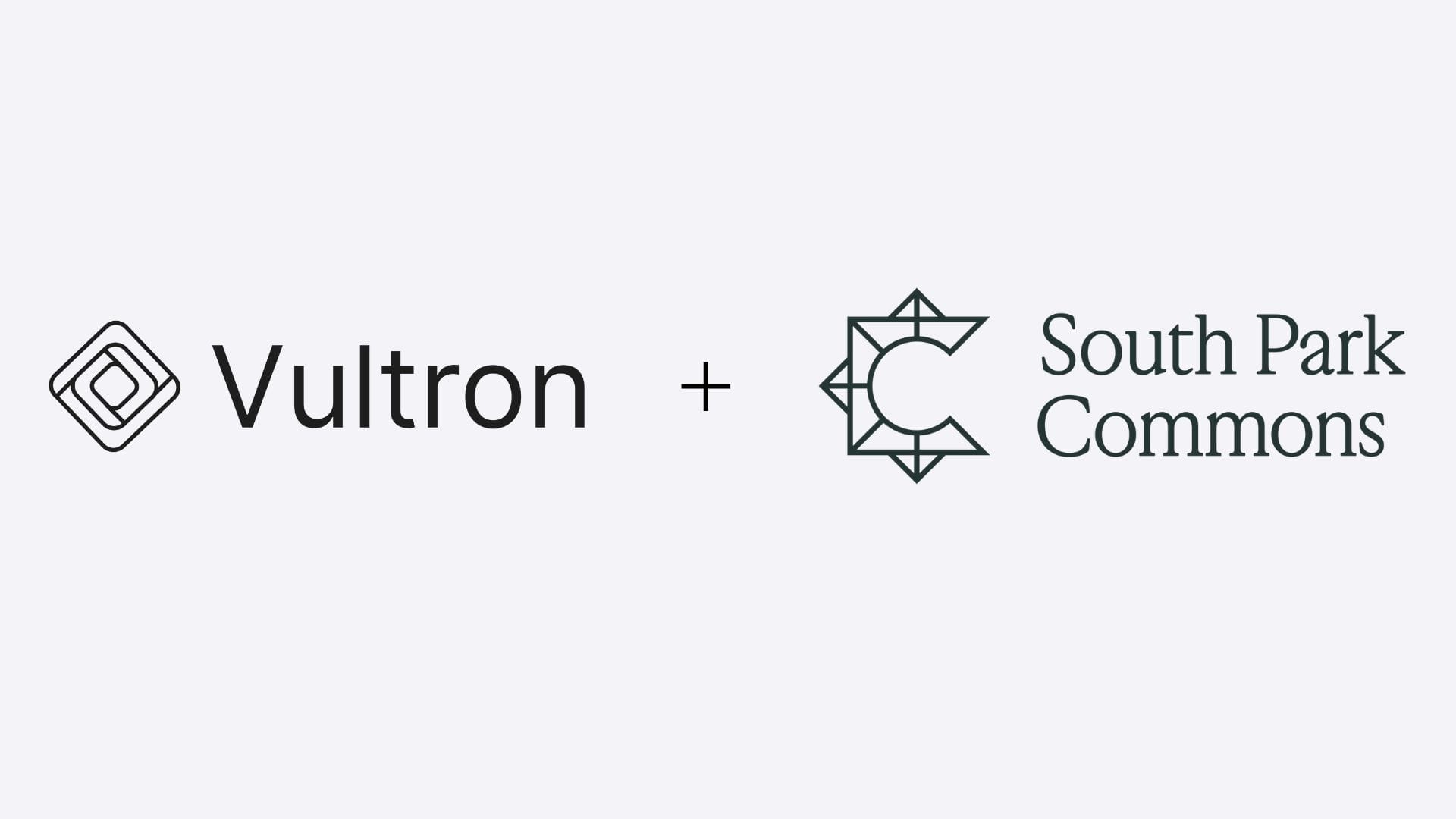Transforming Federal Growth: Vultron
How Mac Liu took Vultron from -1 to federal contracting overhaul.

SPC company Vultron raised a Series A round, bringing their total funding up to $22 million. Mac Liu and his team are paving the way for a true reorganization of federal partnerships, using AI. We were excited to work with Mac at day -1. SPC Partner Finn Meeks dives in.
A Founder Facing the Leviathan
Starting a company alone is never easy. Building one in a space as complex as federal contracting is something else entirely. We saw early on that Mac Liu had the energy, focus, and learning velocity to take on the challenge. After his experience at Anduril, his front-row seat to how companies navigate the federal landscape, Mac spent time at -1 at SPC exploring just how fundamentally broken federal contracting processes are. But more importantly, he started to sketch a new system—where AI could reorganize how entire teams discover, pursue, and win contracts.
Product, Long Overdue
The world is becoming AI-native. The federal government is not. That tension creates opportunities. More and more companies, from defense to climate infrastructure, are shifting their go-to-market strategies to prioritize federal work. One message is clear right now: companies face massive operational friction working with the government. Teams burn cycles chasing RFPs, stitching together spreadsheets, and playing guessing games with agencies. Vultron brings order to that chaos. It gives teams leverage, structure, and speed. And it does so in a way that aligns with national priorities.
Success is Earned, not Given
Vultron’s customers aren’t just using the product, they’re reorganizing around it. They're finding more contracts, moving faster, and increasing their win rates. In a world where most federal software feels like a cost center, Vultron is a true productivity multiplier. It’s not a nice-to-have. It’s your competitive edge.
We believe Vultron is doing more than modernizing workflows. They’re enabling a new generation of public-private partnership, one where the best ideas don’t get stuck in procurement, and AI is embedded into the core operating fabric of federal work.
